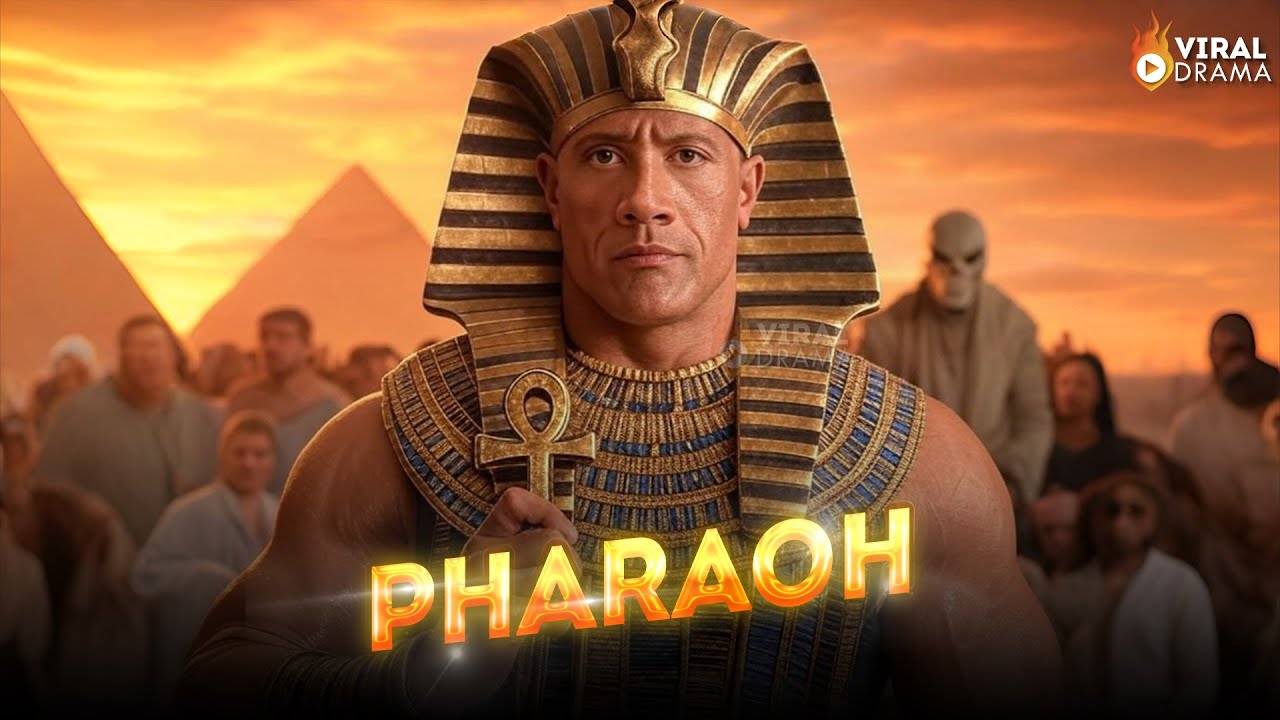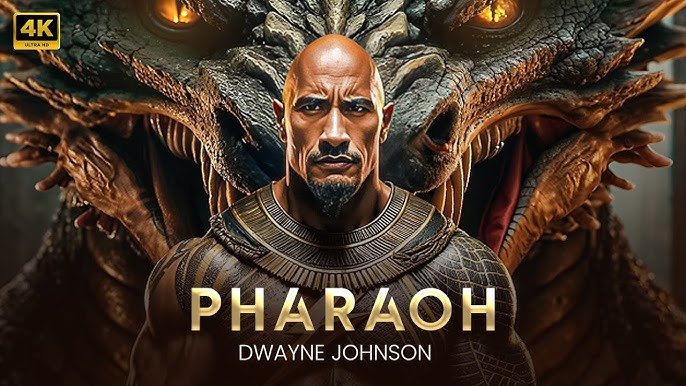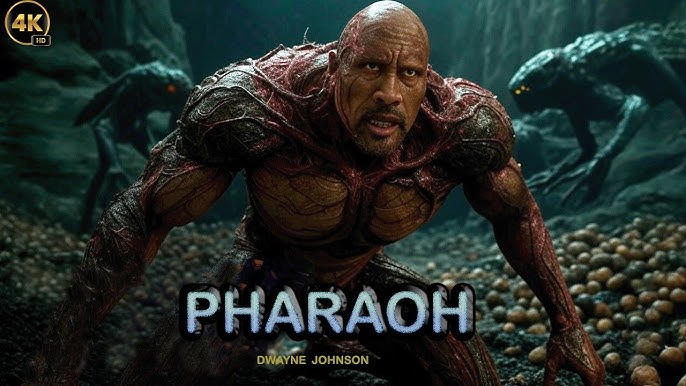Pharaoh (2025) – The God-King Rises

For years, Hollywood has flirted with epics about ancient Egypt, but Pharaoh (2025) storms onto the screen with a promise of spectacle, myth, and muscle. Led by Dwayne Johnson in the title role, the film combines the grandeur of old-school sword-and-sand epics with the intensity of modern blockbusters, bringing to life a tale of power, betrayal, and destiny carved in stone and blood.
The story follows the rise of a warrior who seizes Egypt’s throne in a time of chaos. Once a general of humble origins, Johnson’s Pharaoh must defend his empire against foreign invaders, treacherous advisors, and supernatural forces tied to the gods themselves. But his greatest struggle is not on the battlefield — it is within, as ambition threatens to consume the man who dared to call himself divine.
Dwayne Johnson commands the role with raw presence. His Pharaoh is not just a conqueror but a conflicted leader — torn between protecting his people and feeding his own hunger for immortality. The film leans into Johnson’s physicality, but also gives him space for quieter, weightier moments that reveal the cost of kingship.
Visually, Pharaoh is staggering. Golden palaces, endless deserts, and temples that tower like mountains are captured with sweeping cinematography. Battle sequences unfold on scales rarely seen since Gladiator or 300: chariots colliding in clouds of dust, armies clashing beneath the pyramids, and naval warfare on the Nile lit by burning arrows.
The supernatural element elevates the film beyond pure historical drama. Ancient curses, divine visions, and monstrous guardians stalk the edges of the story, blurring the line between myth and reality. One sequence — in which Johnson’s Pharaoh descends into an underground temple to confront an avatar of Anubis — is both terrifying and awe-inspiring.
The supporting cast adds depth. A cunning high priest (played with serpentine menace), a rival queen whose intelligence matches her beauty, and a loyal general torn between duty and truth all enrich the narrative. Each represents the forces pulling Pharaoh toward greatness — or ruin.

The score thunders with choirs, drums, and sweeping orchestral swells infused with Middle Eastern motifs. Every moment of triumph feels divine, every betrayal laced with dread.
The climax is monumental: a massive battle on the Nile, where Pharaoh faces both human rebellion and divine wrath. The spectacle is breathtaking, but the resolution strikes with tragedy as well as triumph, leaving audiences questioning whether kingship is salvation or damnation.
Pharaoh (2025) succeeds because it doesn’t just deliver spectacle — it gives weight to the myth of power. It asks whether a man can ever truly become a god, or whether the crown only magnifies his flaws. Dwayne Johnson delivers a performance that is both colossal and human, anchoring a film that is as much about the burden of rule as it is about conquest.
In the end, Pharaoh is a true epic — one carved in sand, fire, and legend. It reminds us why these stories endure: because the rise and fall of kings will always echo in our own hunger for power and redemption.
Related movies :
Related movies :
Related movies :
Related movies :
Related movies :
Related movies :
Related movies :











